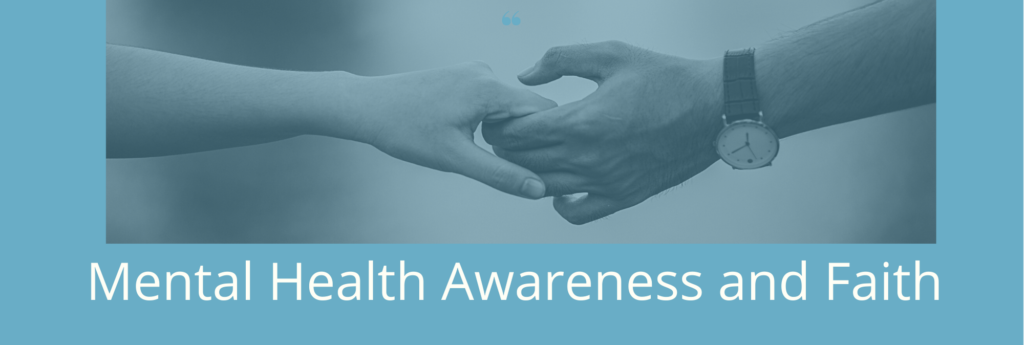
We understand the importance of raising awareness of mental health. As a church community we welcome and support all who struggle with mental health conditions and strive to talk about the importance of reaching out for help. Powell UMC has a small Mental Health team that provides resources and organizes events to support mental health awareness. If you would like to be a part of the team, please contact Pastor Carrie Schwab.
Below are resources in our community and beyond to point people to places of hope and healing.
Support Groups
A free, peer-led support group for any adult who has experienced symptoms of a mental health condition. You will gain insight from hearing the challenges and successes of others, and the groups are led by trained leaders who’ve been there.
A variety of support groups to meet the needs of people caring for those living with mental health symptoms. They may have conditions such as anxiety, depression, PTSD, OCD, ADHD, bipolar or another mental health condition.
Contact Information
Contact information for local agencies who provide crisis hotlines, inpatient and outpatient mental health services, support groups, and rehabilitation programs.
Developed by Ohio State University’s Center for Public Health Practice, these guides list mental health and substance use resources for all 88 counties in Ohio, including Franklin, Delaware, and Licking counties.
Suicide Prevetion
Call or text 988 to reach the Suicide Prevention Hotline. 988 Lifeline – If you need emotional support, reach out
to the national mental health hotline: 988. The 988 Lifeline is available 24/7/365; people can text for support. Conversations are free and confidential.
to the national mental health hotline: 988. The 988 Lifeline is available 24/7/365; people can text for support. Conversations are free and confidential.
LOSS provides support for people coping with the shock, grief, and complex emotions that often accompany the loss of a loved one to suicide. We want you to know you are not alone and that we care.
Resources
A non-profit organization dedicated to promoting mental health awareness and education among youth/young adults.
A nonprofit dedicated to promoting the mental health and emotional well-being of young people, particularly those from underserved and under-resourced communities.
As a United Methodist Church, we affirm and believe what is written in the UMC Book of Discipline:
2016 Book of Discipline, Social Principles ¶162.X
The World Health Organization defines mental health as “a state of well-being in which the individual realizes his or her own abilities, can cope with the normal stresses of life, can work productively and fruitfully, and is able to make a contribution to his or her community.” Unfortunately, mental health eludes many in our world resulting in considerable distress, stigma, and isolation. Mental illness troubles our relationships because it can affect the way we process information, relate to others, and choose actions. Consequently, mental illnesses often are feared in ways that other illnesses are not. Nevertheless, we know that regardless of our illness we remain created in the image of God (Genesis 1:27) and that nothing can separate us from the love of God (Romans 8:38-39).
No person deserves to be stigmatized because of mental illness. Those with mental illness are no more violent than other persons are. Rather, they are much more likely to be victims of violence or preyed on by others. When stigma happens within the church, mentally ill persons and their families are further victimized. Persons with mental illness and their families have a right to be treated with respect on the basis of common humanity and accurate information. They also have a right and responsibility to obtain care appropriate to their condition. The United Methodist Church pledges to foster policies that promote compassion, advocate for access to care, and eradicate stigma within the Church and in communities.